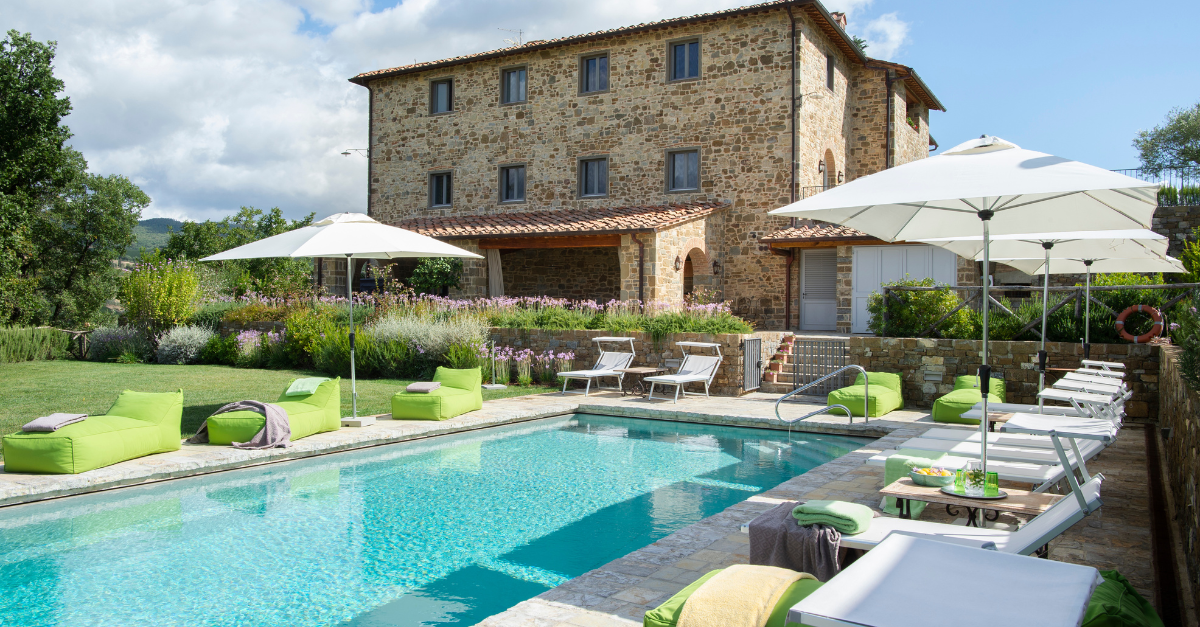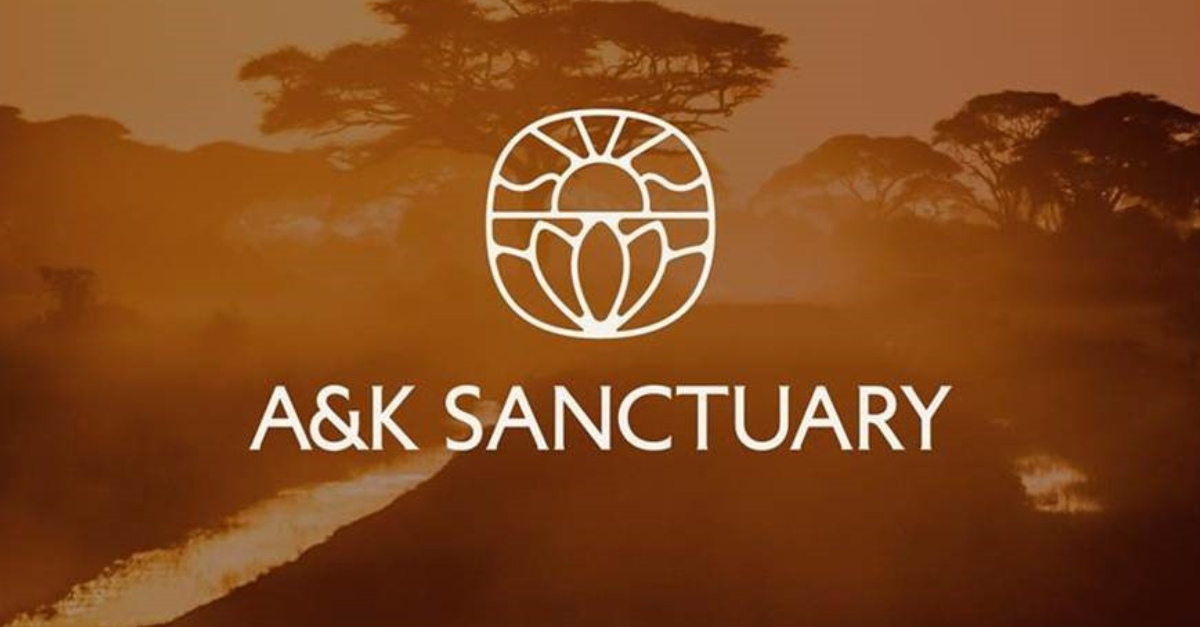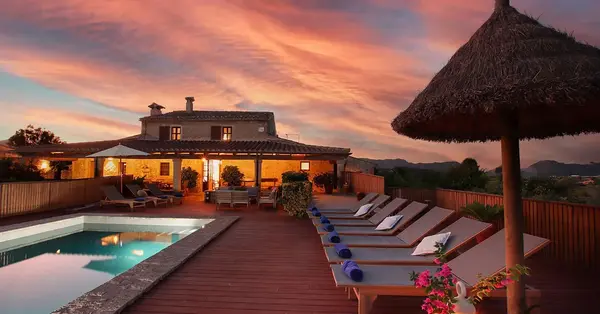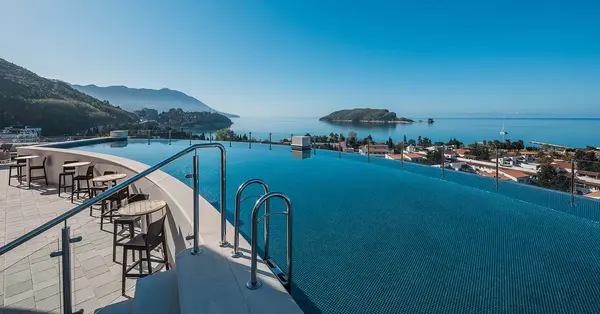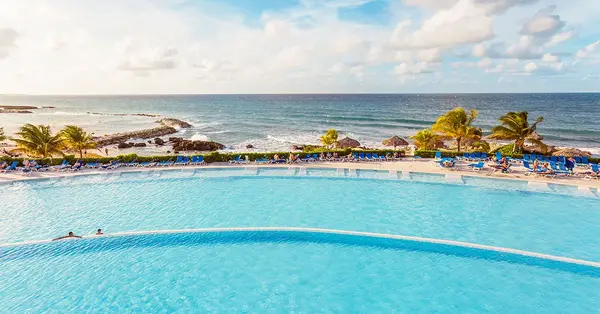You are viewing 1 of your 2 free articles
Luxury travel is being reshaped by tech and the next generation
Embrace a more holistic, lifestyle-oriented approach, says If Only’s Gordon McCreadie
The dawn of 2025 has served up its familiar cocktail of industry challenges. From the frustrating ripple effects of power outages at major hubs such as Heathrow to the understandable caution some travellers exhibit towards certain destinations, navigating the complexities of the travel landscape remains a constant.
Yet, amid these headwinds, an evolution is taking place: the increasingly blurred boundaries between traditional notions of luxury and a more holistic, lifestyle-driven approach to travel.
Affluent travellers are no longer solely seeking opulent accommodation and Michelin-starred dining. While these elements retain their appeal, a growing segment – particularly those embracing the “micro-space” trend – prioritise shorter, more-curated journeys.
These individuals crave a deeper immersion into the destination, a genuine connection with local cultures and communities and a sense of freedom that transcends conventional luxury. The demand for authentic experiences, for interactions that go beyond the superficial, is steadily rising.
Furthermore, the allure of high-profile events – from major sporting spectacles to significant cultural festivals – is increasingly shaping travel decisions. Aligning a trip with such an occasion injects a sense of excitement and exclusivity, transforming a holiday into something even more memorable. The development of comprehensive sports and activity programmes by various businesses reflects this growing appetite for event-centric travel and the desire to weave personal passions into the fabric of a luxury escape.
Blurred lines
Perhaps the most significant driver of this blurring of lines is the growing influence of younger generations. Millennials and Generation Z are approaching luxury travel with a distinct set of values. They seek a more-integrated experience that emphasises design aesthetics, prioritises wellness and offers enriching experiential programming.
This raises a crucial question for the industry: are we doing enough to resonate with these digitally native, experience-driven travellers and demonstrate the value of booking via agents and operators?
The younger demographic interacts with brands in fundamentally different ways, seeking inspiration through digital channels and valuing authenticity and transparency. Embracing this shift requires a proactive approach to online engagement and a deep understanding of their preferences.
Capitalising on the power of social media and exploring innovative digital marketing strategies are essential tools for connecting with this segment.
Advancing technology
Moreover, the integration of technology, particularly artificial intelligence, is playing a pivotal role in reshaping luxury travel for all generations. AI-powered tools can enhance personalisation, streamline booking processes and create more-efficient and enjoyable journeys, and they are becoming increasingly expected.
But in this evolving landscape, the role of travel agents remains crucial. Their expertise in curating personalised and meaningful travel experiences is more valuable than ever. By understanding individual preferences and using their industry knowledge, advisors can craft bespoke itineraries that cater to the nuanced desires of the modern luxury traveller, blending traditional indulgence with authentic enriching activities.
Finally, a fundamental aspect of luxury travel, regardless of generation, remains the priority placed on payment security and ease of booking. Concerns about financial risks are paramount, and the demand for seamless, trustworthy payment solutions is non-negotiable.
While older generations continue to represent a significant portion of the luxury market, the preferences and values of younger travellers are undeniably shaping its future direction. The industry must adapt to this evolving landscape and embrace the blurring lines between traditional luxury and a more holistic, lifestyle-oriented approach.




